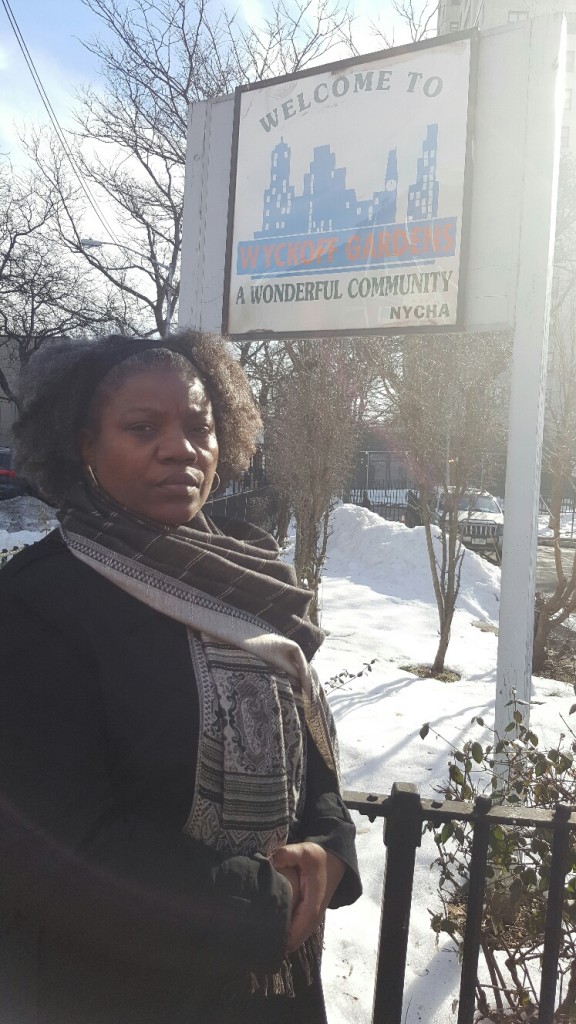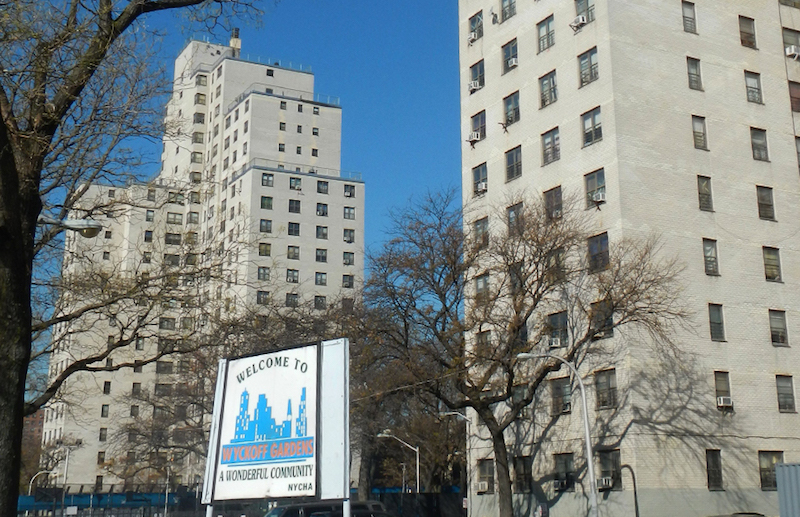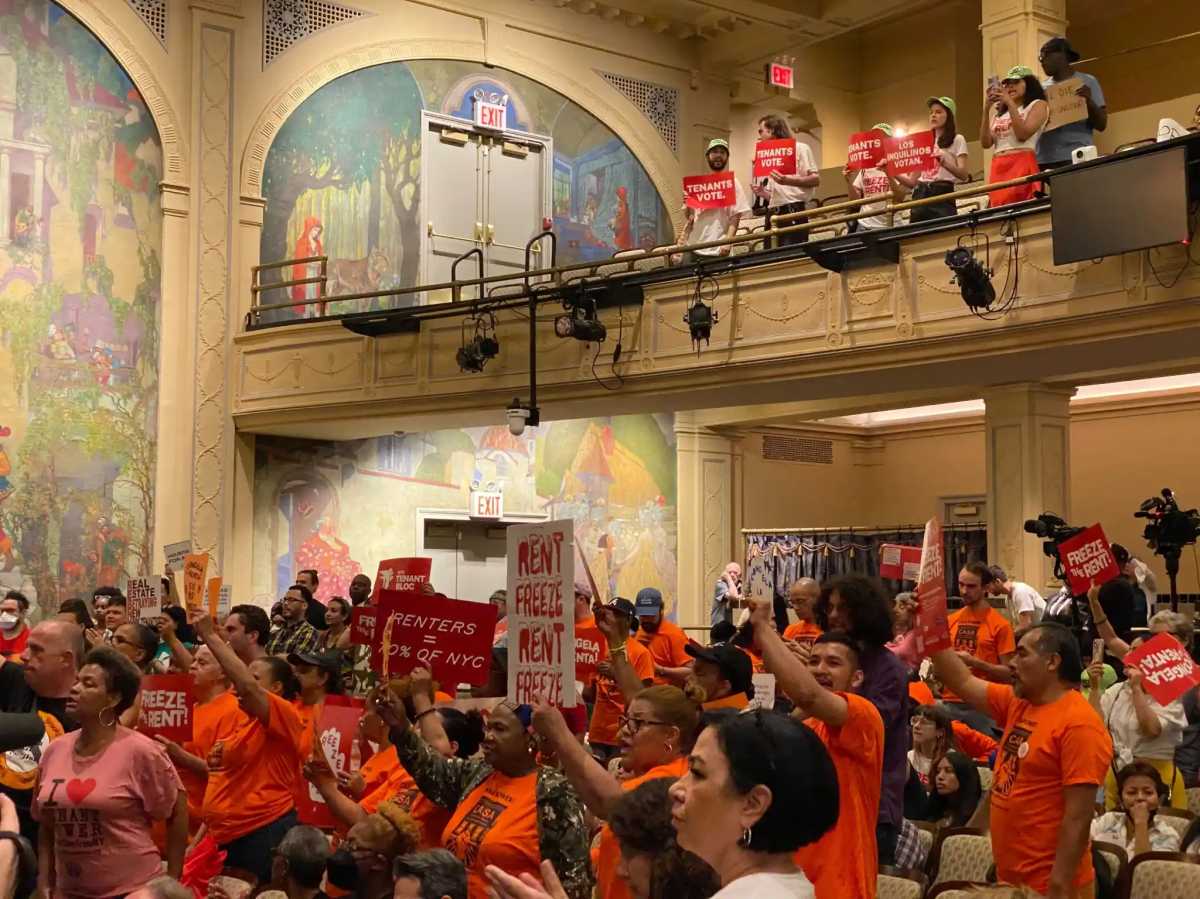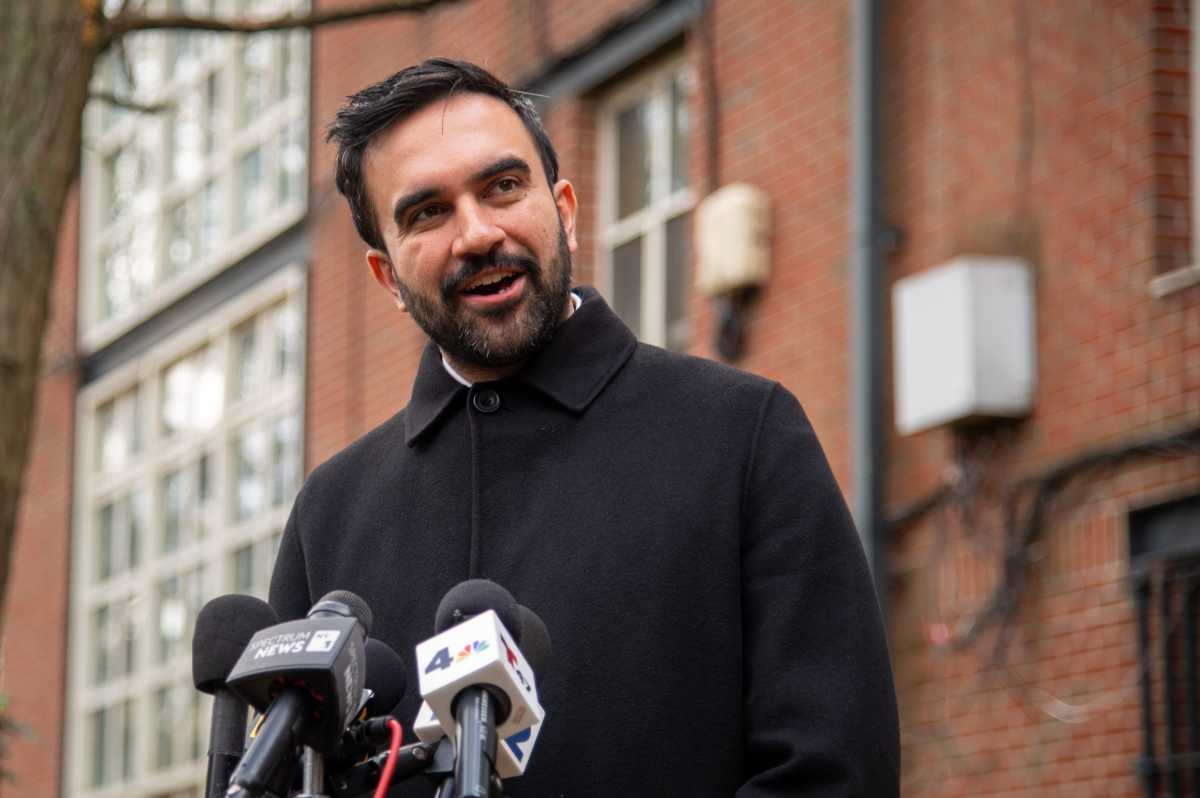The New York City Housing Authority dismissed a Wyckoff Gardens resident’s suggestion that the city and state each contribute a fraction of their annual budget to layaway for 10 years to clear up NYCHA’s $17 billion budget debt as being too dependent on the whims of state and federal government funding.
Wyckoff resident Chalene Nimmons came up with the idea that if the city, with it’s $80 billion annual budget, and the state, with its $140 billion budget, each dedicated a $1 billion a year for 10 years it would not only wipe out the $17 billion budget but there will be a $3 billion surplus.

Nimmon’s idea comes as the City readies to implement its NextGen Neighborhood plan, in which it is leasing part of NYCHA developments such as its parking lots to private developers, who will then put up mixed market rate and affordable housing units.
Wyckoff Gardens, 185 Nevins Street, is slated to become the first (along with a development in Harlem) NYCHA development to see some of its property leased. It is located in Boerum Hill on the edge of Gowanus – both of which are rapidly gentrifying neighborhoods.
“NYCHA cannot wait on a government bailout that may never come to address vital repairs that affect our residents. Following decades of federal and state disinvestment, the Authority is confronting a $17 billion deficit,” said NYCHA spokesperson Aja Worthy-Davis in response to Nimmons’ idea.
“NextGeneration Neighborhoods is part of a larger vision to provide a direct path to financial stability without raising rents or displacing residents. As we await funds previously promised by the state, we encourage NYCHA residents to reach out to their representatives in Albany and Washington, and call on them to step up to the plate – like the Mayor has – and provide for additional funding to maintain public housing,” Worthy-Davis added.
Based on preliminary analysis, NYCHA estimates that NGN Neighborhoods could generate $300 to $600 million over the next 10 years. The potential revenue for each site will be determined as the scope of the project develops— NYCHA has already committed to 2-4 50/50 sites per year over the next 10 years. So, that means that we anticipate roughly 30-40 development sites be built under this program over the next decade.
Nimmons maintains that the de Blasio Administration NGN plan is a repeat of the same plan former Mayor Michael Bloomberg unsuccessfully tried to float. Leasing NYCHA property will not give us the substantial amount of money to bring us out of debt, whereas having the city and state give a line item $1 billion each for 10 years will do that, she said.
A KCP analysis utilizing the NYCHA average number of revenue generated over 10 years, $450 million, and multiplied by 35 (the average estimated development sites) comes to $15.750 billion over 10 years or $4.250 billion less than Nimmons’ idea.
However, NYCHA also maintains that rent paid by residents plus government subsidies it receives per housing unit does not fully cover the operations costs of a NYCHA apartment. So purely from an operational standpoint (not counting capital repairs, etc), NYCHA is not breaking even.










